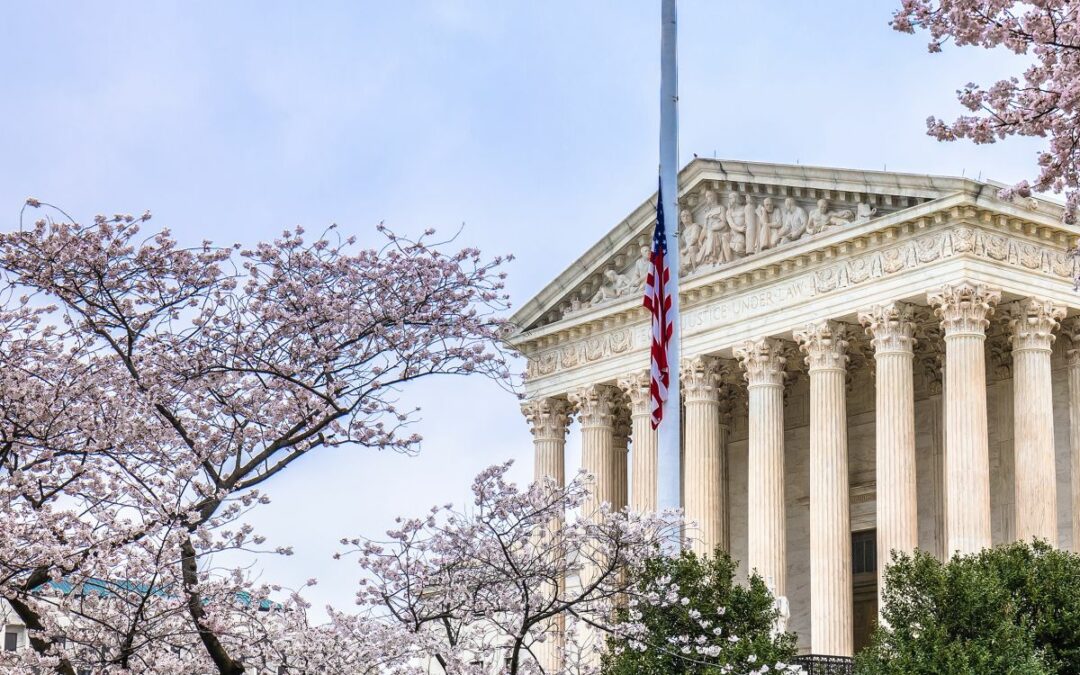Properly preserving legal arguments at the trial court is crucial for setting a case up for a successful appeal. For years, courts across the country have been divided on whether a purely legal issue raised in a summary judgment motion must be reasserted post-trial in order to raise it on appeal. The Supreme Court has now definitively answered that question – the legal issues raised in a summary judgment motion are preserved for appeal. They do not need to be renewed post-trial.
Dupree v. Younger: Case Background and District Court Proceedings
The decision from the Supreme Court comes in Dupree v. Younger, __ U.S. __ (2023). There, the defendant had raised a legal argument in a summary judgment motion, claiming the plaintiff had failed to exhaust certain administrative remedies required before he could bring the action against the defendant. The district court denied summary judgment and the case proceeded to trial. The defendant did not file a post-trial motion.
Fourth Circuit’s Denial and the Supreme Court’s Reversal
The defendant then attempted to appeal the denial of summary judgment, but the Fourth Circuit held he could not do so due to the failure to file a post-trial motion. The Supreme Court reversed. It noted that summary judgment motions which are denied due to factual disputes must be renewed post-trial because once the case proceeds to trial, the full trial record supersedes the summary judgment record and the appellate courts need a decision by the trial judge based on the trial record to review. But purely legal issues are different. They are unaffected by factual developments that might occur at trial. Therefore, the Court reasoned it would be an “empty exercise” to require litigants to “copy and paste” their summary judgment motion and resubmit it as a post-trial motion, just so that the district court can “say no twice.”
Distinguishing Between Factual Disputes and Purely Legal Issues
The Court recognized there may be difficult cases where the line between a purely legal issue and a factual issue might not be clear. Therefore, it suggested that prudent counsel may want to renew their arguments post-trial out of an abundance of caution.
Impact on Minnesota Litigants and Practitioners in the Eighth Circuit
The case is particularly important for Minnesota litigants and practitioners because it changes the practice in the 8th Circuit, which had previously held all issues raised in a summary judgment motion must be renewed post-trial. Metro. Life Ins. Co. v. Golden Triangle, 121 F.3d 351, 355 (8th Cir. 1997). The Minnesota Supreme Court has not directly addressed the issue. It recognized the split of authority in Bahr v. Boise Cascade Corp., 766 N.W.2d 910, 918 n. 9 (Minn. 2009), but did not resolve the issue. The Minnesota Court of Appeals has held there is no need to renew a purely legal summary judgment motion post trial. Schmitz v. Rinke, Noonan, Smoley, Deter, Colombo, Wiant, Von Korff & Hobbs, Ltd., 783 N.W.2d 733, 744 (Minn. Ct. App. 2010). Although the Minnesota Supreme Court is not bound by the recent SCOTUS decision, the SCOTUS decision coupled with the Minnesota Court of Appeals makes it more likely that when the Minnesota Supreme Court addresses the issue it will reach the same result.

